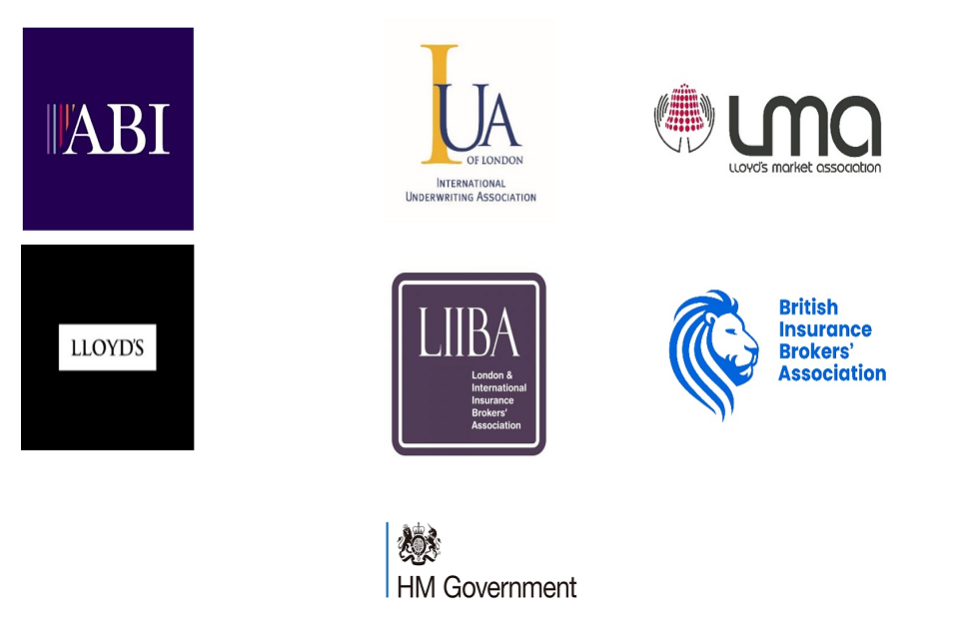Fraud sector charter: insurance
Published 24 October 2024
Signatories endorse the following measures:
Professional Enablers
Work with industry, other government departments, regulators, and professional bodies to fully understand the threat from ‘professional enablers’ across different sectors in facilitating insurance fraud, and understand action taken when this behaviour is discovered. One of the actions will include the National Assessment Centre (NAC) undertaking a threat briefing to identify a plan of action based off key outcomes of the report.
Data and Information Sharing
Work with industry to understand uses of and blockers to information sharing between the insurance industry and other sectors, intra-sector, and government, including legal gateways and relevant legislation.
Justice Outcomes
Work with industry to support criminal justice outcomes. This includes the Home Office working with Devolved Administrations to consider extending the principle of fundamental dishonesty.
Illegal Insurance Firms
The Association of British Insurers (ABI) will work with stakeholders in the policy purchase chain to gather data and assess information sharing possibilities, specifically on proactively detecting suspect policies incepted by illegal insurance firms. The ABI will work with government to provide aggregated origin data on the most common online platforms/websites facilitating insurance fraud through illegal insurance firms.
Joint Fraud Taskforce
To provide progress updates on implementation of Charter actions and support ongoing JFT work to establish a baseline for prevention work.
Market Counter Fraud Strategy
Engendering a more joined-up approach between general insurance and other parts of the insurance sector. This includes the ABI identifying the types and scale of insurance fraud to identify potential crossovers.
Classification and Identification of fraud trends
Promote a more consistent approach to classifying fraud and the identification of fraud trends. This includes the consideration and working towards the adoption of consistent fraud classifications.
Consumer Communications
The ABI will work to strengthen retail consumer awareness of and response to fraud attempts through education and campaigns, ensuring that counter-fraud messaging is targeted and hard-hitting and that consumers are clear how to report insurance fraud (Cheatline/Action Fraud).
Victim Support
Understanding how fraud impacts the innocent consumer and how victims of insurance fraud can be better supported. This includes the Home Office exploring the possibility of extending the ‘Vulnerable Victims Notification Process’.
Data Theft and Transparency
Improve controls to prevent, detect and deter data theft. This includes efforts to improve intelligence sharing.
Signatories

Opening statement
Insurance fraud is often still thought of as a victimless crime, with insurers simply absorbing costs. There is a spectrum of insurance fraud behaviour ranging from opportunistic fraud where people spot an opportunity in their everyday lives to exaggerate a genuine claim to organised fraudsters who commit fraud for a living. Aside from driving up insurance premiums, insurance fraud can cause serious financial, emotional and physical harm and has consequences for society at large by misusing the resources of the NHS, emergency services and Criminal Justice System. Insurance fraud also funds serious organised criminality. Given the ongoing financial hardship that people are experiencing, it is vital that consumers are able to access affordable insurance because it gives people the peace of mind to know that if things go wrong that they won’t be left to struggle.
Fraud accounts for approximately 39% of all crime in England and Wales and occurs across all insurance lines, but it is particularly prevalent in general insurance. In 2023, ABI members detected insurance fraud valued at in excess of £1.1bn. Insurance fraud is a complex and dynamic issue that requires a multi-faceted whole system approach and the signatories endorsing this charter represent all areas of the industry.
Tackling fraud is a priority for the Prime Minister and this government. Building on the successes of previous voluntary charters with the retail banking, telecoms, accountancy and tech sectors, we have now agreed Insurance Fraud Charter. Through this charter, signatories show that they recognise the risk of fraud and financial exploitation to the UK public and collectively endorse the drive to reduce insurance fraud.
Commitments
The above commitments are voluntary. They are high level principles which the signatories endorse. The parties have between themselves agreed divisions of responsibilities in relation to each commitment and whether each commitment is relevant to them. Therefore, not all the commitments will be capable of application by every signatory or in every circumstance.
Reviewing and future iterations of the charter
After 6 months from publication, a review will be conducted to monitor progress on Charter commitments and consideration may be given as to whether changes to the Charter need to be considered.
Governance
The Joint Fraud Taskforce (JFT), chaired by the Lords Minister for the UK Home Office will consider progress in relation to actions arising from each commitment in this Charter.
